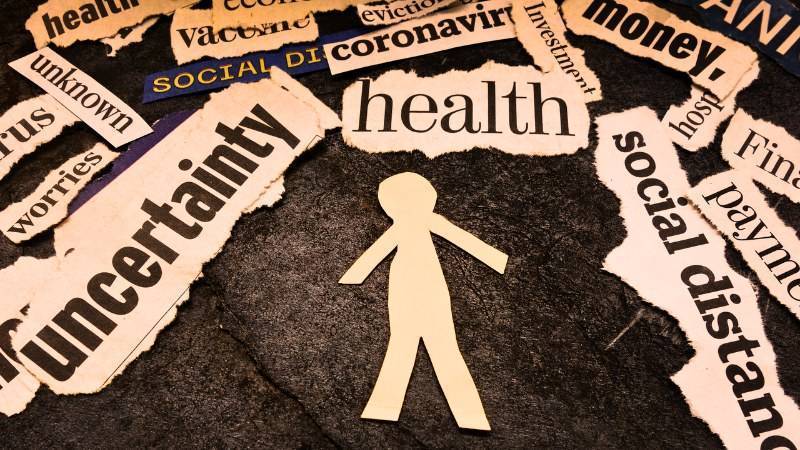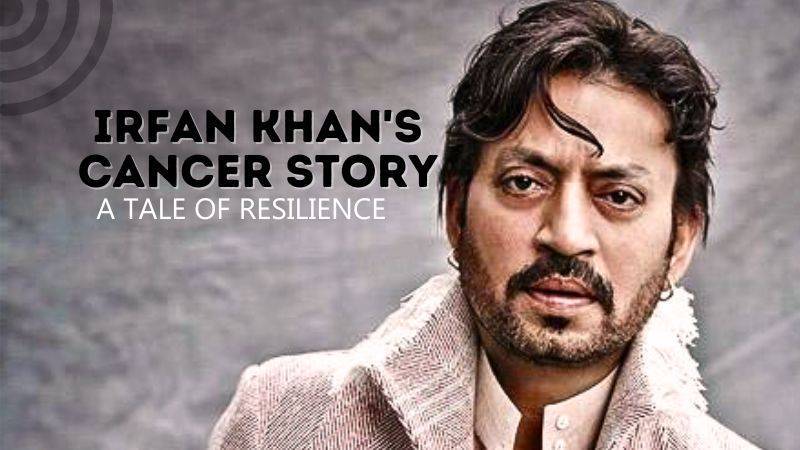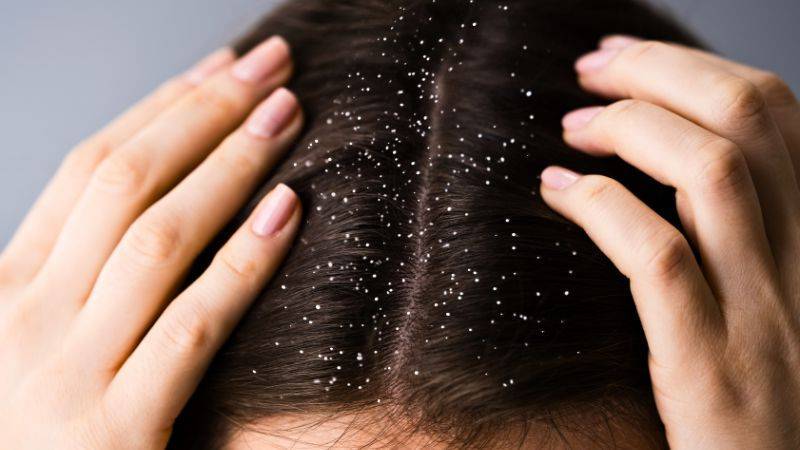The COVID-19 pandemic, one of the most significant global emergencies, instigated deep and wide-ranging effects on healthcare frameworks, economies, and societies.
Numerous individuals had lost their lives or sources of income. The social fabric of families and communities had been stretched thin and separated.
Educational and social opportunities for children and youth had been significantly diminished. Enterprises had faced bankruptcy, and countless individuals had slipped into poverty.
COVID-19 pandemic had significant effects on mental health globally. The unprecedented nature of the pandemic, combined with the stress of quarantine measures, fear of infection, and the social and economic impacts of the pandemic, led to widespread reports of increased mental health issues.
Fear Factors
This includes but is not limited to:
Anxiety and depression: Many people reported feelings of anxiety and depression during the pandemic due to a variety of factors, including fear of the virus, feelings of isolation due to social distancing measures, and financial stress due to job loss or economic uncertainty.
Stress and burnout: For health care workers and other frontline workers, the pandemic was particularly stressful. Many reported feelings of burnout, acute stress, and even post-traumatic stress disorder (PTSD).
Substance use: Some studies have suggested that substance use increased during the pandemic, as some people turned to alcohol or other substances to cope with the stress, fear, and isolation.
Issues with sleep: Changes in routines, anxiety, and stress can also affect sleep, with many people reporting insomnia during the pandemic.
Grief and trauma: The loss of loved ones to COVID-19, or the inability to grieve properly due to social distancing measures, also had a significant impact on mental health.
Influence of the Pandemic on the Developing Brains of Children

The full extent of how the COVID-19 pandemic has affected children’s mental health is still not completely comprehended.
Research sponsored by the NIH is currently exploring elements that could affect the cognitive, social, and emotional growth of children amidst the pandemic, such as:
- Modifications in their regular schedule
- Transition to online learning
- The necessity of mask usage
- Absence or loss of a caregiver
- Economic uncertainty
WHO’s Guidelines

The World Health Organization (WHO) strongly advocates for the incorporation of Mental Health and Psychosocial Support (MHPSS) into every aspect of readiness and response for any public health emergency.
In order to lessen the mental health repercussions of the COVID-19 pandemic, the WHO also puts forth the following recommendations for countries:
Societal Approach for Mental Health: The WHO suggests applying a holistic approach to endorse, safeguard, and cater to mental health needs. This approach encompasses social and financial protections designed to protect individuals from domestic violence and poverty. Moreover, it encourages broad communication about COVID-19 to counteract misinformation and foster mental health awareness and support.
Ensuring Access to Mental Health and Psychosocial Support: Countries should strive to ensure widespread availability of mental health and psychosocial support. This could be achieved by expanding access to self-help and backing community initiatives.
Building Future-Proof Mental Health Services: To facilitate recovery from COVID-19, WHO urges the construction of mental health services that are equipped to handle future challenges.
Like all ongoing crises, the COVID-19 pandemic has made the fortification of mental health systems a pressing global necessity. “The influence of COVID-19 on mental health is not to be taken lightly or dismissed,” further adding, “Change is achievable and within our grasp.”
How to Protect Your Mental Health During COVID-19 Pandemic

- Accepting Anxiety as a Natural Reaction
Anxiety is a natural and healthy response that alerts us to threats and helps us take protective measures. It drives beneficial actions like social distancing, hand hygiene, and avoiding touching our faces, contributing to not just your safety, but also the safety of the entire community. Stay proactive in maintaining personal hygiene and limiting face-to-face interactions.
- Discover Diversions
According to Dr. Damour, it’s beneficial to categorize problems into those you can and cannot control, especially under chronic stress. It’s natural to have many things in the latter category, and that’s where distractions come in handy. Engaging in homework, watching favorite movies, or reading books are some ways to maintain a sense of normalcy and balance in daily life.
- Explore Innovative Ways to Socialize
In the age of social media, maintaining connections with friends while limiting physical interactions is more possible than ever. Dr. Damour encourages creative ways to connect, such as participating in online challenges. However, she also cautions against excessive screen time and recommends scheduling social media use to avoid amplifying anxiety.
- Invest Time in Personal Growth
Use this period to focus on self-improvement by learning new skills, starting a novel, or practicing an instrument. Using the available time to invest in personal growth is an excellent strategy for mental wellbeing.
- Engage with Your Emotions
Missing out on events, hobbies, and sports can be very disappointing. It’s crucial to allow yourself to experience these feelings fully, as everyone copes differently. Some may express their feelings through art, others may find solace in conversations with friends, while some may engage in acts of kindness like contributing to food banks. Do what feels right for you.
- Promote Kindness Towards Self and Others
During this time, some teens might face online bullying or violence related to the coronavirus. Dr. Damour suggests bystander intervention as the most effective method to address bullying. If you witness bullying, offer your support to the victim and encourage them to seek help from friends or adults. Now more than ever, it’s important to communicate with empathy and respect.
Take care of Yourself!
Also Read






